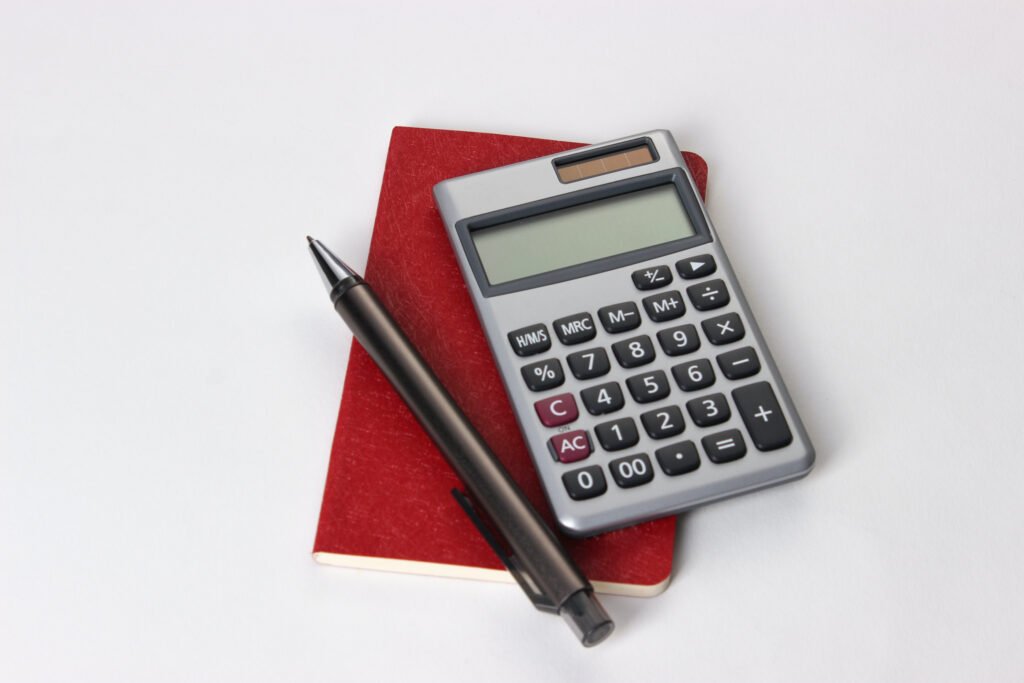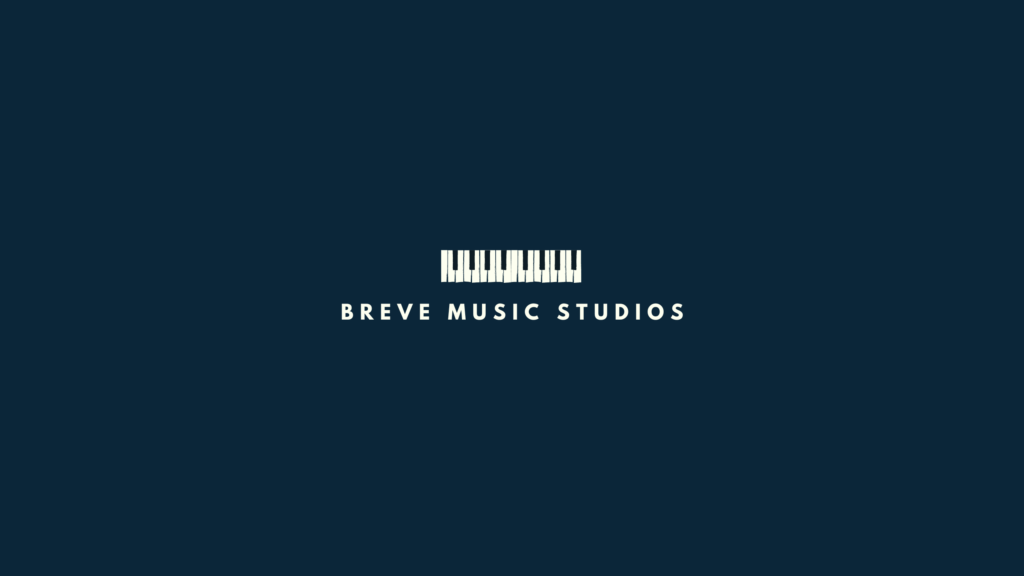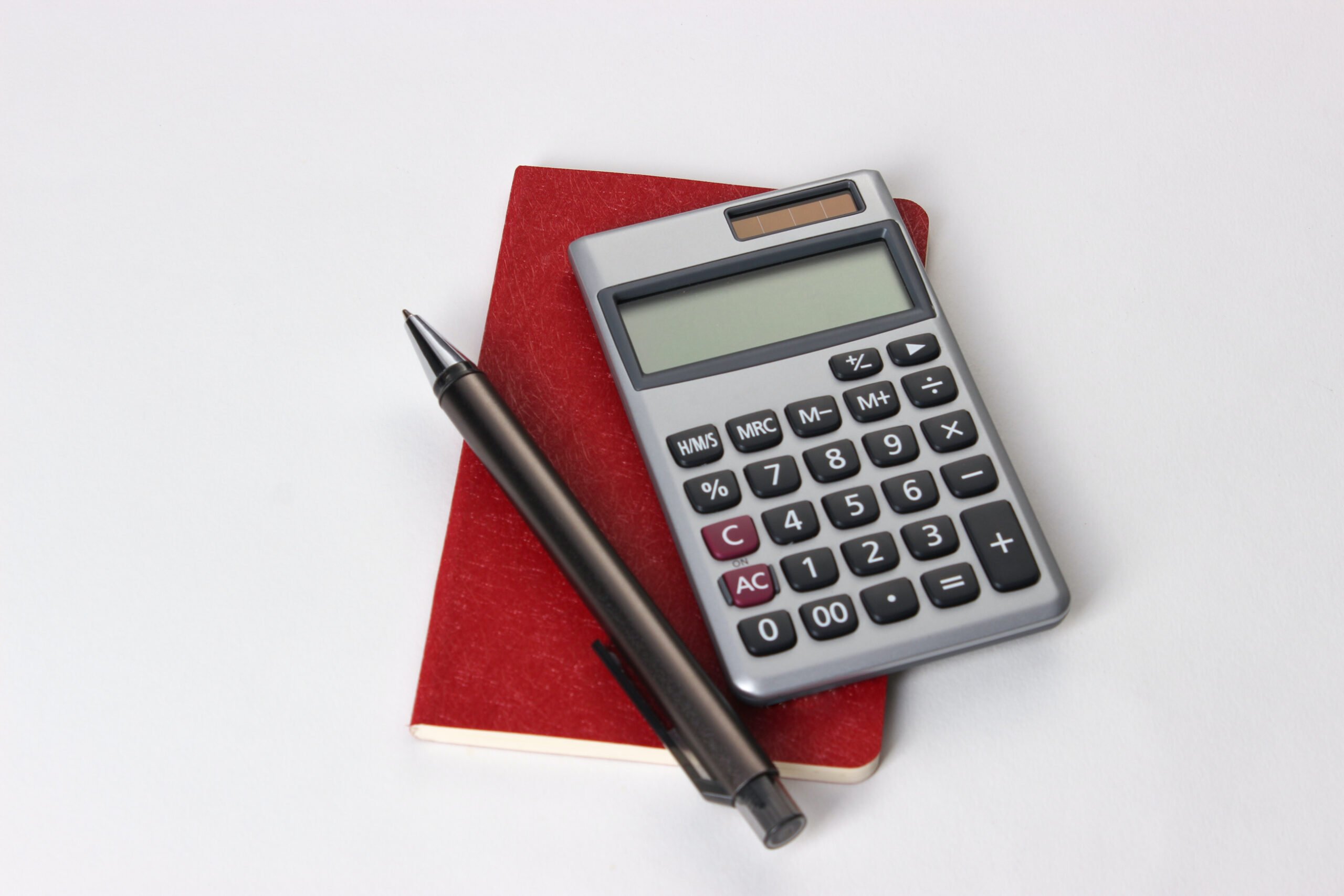Table of Contents
10 Tax Tips for Musician

Introduction
Musicians, like any other professionals, are required to pay taxes on their income. While the thought of taxes can be intimidating, understanding the basics of musician taxes is crucial to avoid any legal and financial issues down the line. In this article, we’ll discuss into the fundamentals of taxes for musicians, including the types of income, deductions, and filing requirements.
Basics
Types of Income
Musicians earn income from various sources, including performances, merchandise sales, royalties, and music sales. It’s essential to categorize your income into two types: W-2 income and 1099 income.
W-2 Income
W-2 income is paid by an employer who withholds taxes on behalf of the employee. For example, if a musician works as an employee for a band or a music venue, they will receive a W-2 form from their employer. The W-2 form reports the total amount of income paid to the musician, as well as the amount of taxes withheld.
1099 Income
1099 income is paid by an employer or client who does not withhold taxes on behalf of the musician. This type of income includes income earned from self-employment, such as performances, merchandise sales, and royalties.
Musicians who receive 1099 income are considered independent contractors and are responsible for paying their own taxes.
Deductions
Musicians can take advantage of various deductions to reduce their taxable income. Here are some common deductions that you can claim:
- Musical instruments and equipment – You can deduct the cost of musical instruments, equipment, and other items necessary for their work. This deduction applies to both purchases and rentals.
- Travel expenses – You may be able to deduct expenses incurred while traveling for work, including transportation, lodging, and meals
- Home office expenses – If you work from home, you may be able to deduct a portion of your home expenses. The deductions include rent/mortgage payments, utilities, and internet costs
- Education expenses – You can deduct expenses related to education, such as music lessons, workshops, and classes
- Advertising and marketing expenses – Advertising and marketing expenses can be deducted. That includes website costs, business cards, and posters
- Professional fees – You can also professional fees, such as fees paid to agents, managers, and attorneys.
10 Tax Tips
1. Make sure you actually file your taxes
Ignoring your taxes would be a poor decision. You may be owed a refund from the IRS, which you must claim within three years. However, if you owe money, you’ll be charged a penalty every year (up to 25% per year).
2. Claim all of your income and expenses
When you start earning money from your music, you can claim your income & expenses as a business or claim your income as hobby. We recommend choosing either of those two options.
Tracking your income will be key. Find a tool like Mint or Quickbooks to track your income.
3. Make good partnership decisions
Treat your music partnership like a business. Even if you’re a solo artist, you will rely on some external person(s) to release your music. Whether your only partner is the music distributor that you use to send your music to streaming platforms or you formed a partnership with other people, you’ll want to make sure that you are make a mutually beneficial agreement.
Make sure that you cover all of your bases before signing on the dotted line (e.g. discussing how taxes are being handled, how assets are managed, and how royalties are distrubuted)
4. Report all cash payments (including Venmo and PayPal)
Although audits aren’t common (less than 3% of self-employed people are audited), no one is immune to the risk. If you were to get audited, you could be asked to show your performance calendar. Having regular gigs but little income would be hard to believe.
5. Be mindful of taking a loss
“Reinvesting” your income back into your business and taking a loss may seem like the best strategy every year, but it has its drawbacks. If you lose money more than 3 out of every 5 years, the IRS could ask you to confirm that you’re actually running a business, rather than investing in a hobby.
Remember that most businesses aren’t non-profits, i.e. they’re meant to make money, not lose it every year.
Plus, having a profitable business can help you in the future (especially if your applying for a mortgage or for business funding, for example).
6. Track Your Milage
Keeping track of miles that you drove throughout the year can help you get a nice deduction. Having an app like MileIQ help to create a paper trail and protect yourself in case of an audit.
7. Consider Capitalizing Your Assets
The IRS allows you a couple of options for how you can claim and deduct your expenses. You can either take the entire expense at once, or you can spread it out over several years.
Basically, if you are not profitable yet, you may want to capitalize the cost of your gear overtime.
8. Don’t Underestimate Your Payments
The US income tax system is a “pay-as-you-go” system. That means the taxes for your income, Social Security, and Medicare are due as you’re paid. If you have a W2 job, those taxes should be taken out by your employer.
If you are a contractor, you will have to pay taxes throughout the year (on a quarterly basis).
9. Track Your Income and Expenses
Keeping track of how much you earn and spend is important. Whether you want to ensure you’re paying accurate tax estimates or aiming to minimize your overburden, you will be glad to know exactly how much you’ve earned and spent.
10. Issue 1099s to contractors (if applicable)
You can deduct the freelancers that you hire (e.g. a graphic designer or a web developer). However, you will need to itemize all of the expenses on your return by category.
Note: These suggestions are influenced by an article published on Ari’s Take (link).
Conclusion
Understanding the basics of musician taxes is crucial for every musician. By categorizing their income, taking advantage of deductions, and meeting the filing requirements, musicians can avoid any legal and financial issues.
It’s important to keep accurate records of income and expenses, seek the advice of a tax professional, and stay up-to-date with any changes in tax laws. With proper planning and preparation, musicians can focus on their craft without worrying about taxes.
Additional Reading
Do you use orchestral strings instruments in your mixes? Read our article about the 10 of the top orchestral string VSTs. You can also learn the fundamentals of music publishing here.
Breve Music Studios publishes music to Spotify, YouTube Music, Amazon Music and more. Follow our pages on Facebook, Instagram, Twitter, TikTok, and YouTube.
Listen to our ensembles: Breve Orchestra, Breve Music Ensemble, Breve Low Brass Ensemble, Breve Woodwind Ensemble, and Jermaine Harris on Spotify.

